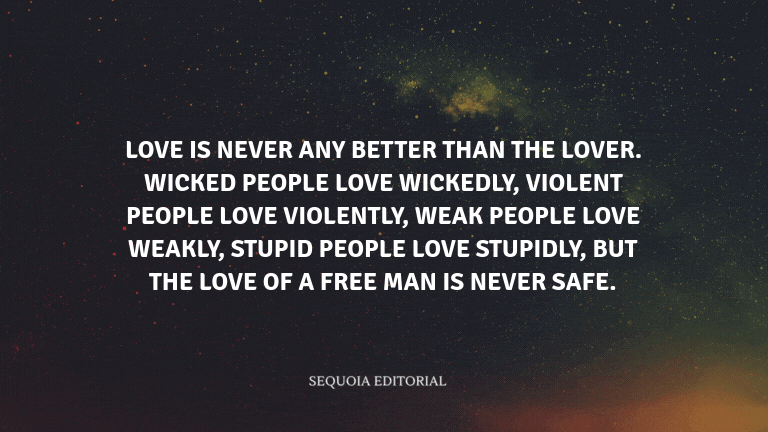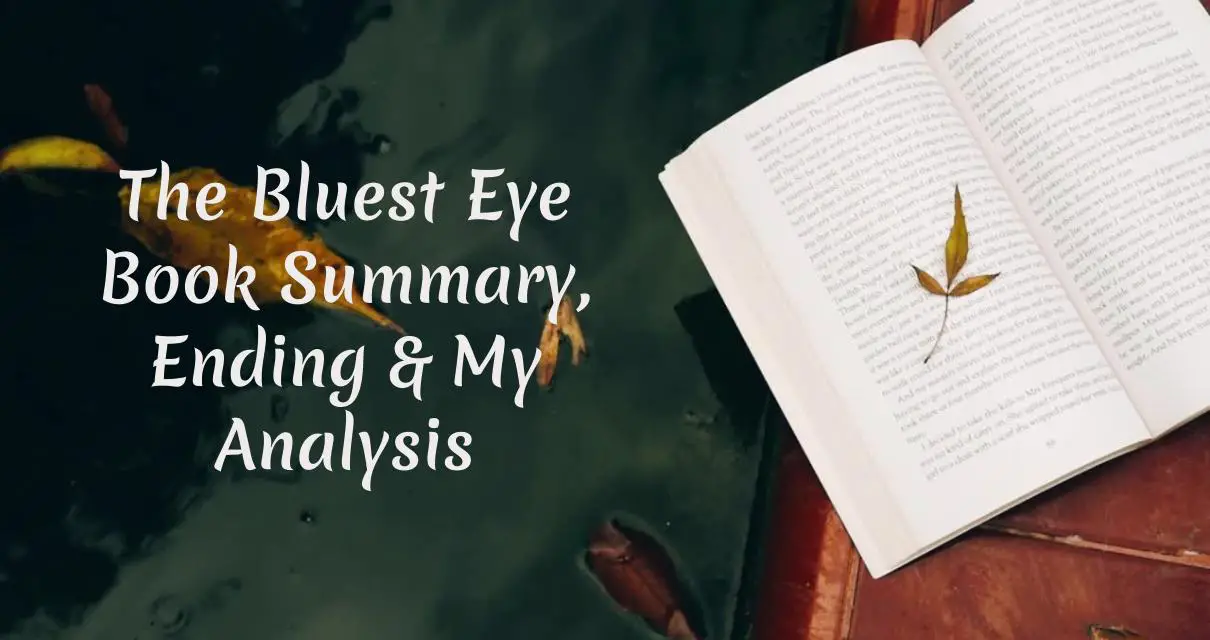The Bluest Eye is about a young African American girl named Pecola Breedlove, who yearns for blue eyes and beauty in the midst of racial and societal oppression. The novel delves into themes of racial self-loathing, beauty standards, and the impact of abuse and violence on a community.
Table of Content
The Bluest Eye Book Summary
Pecola Breedlove's desire for blue eyes consumes her. She believes that having blue eyes will make her beautiful and will solve all of her problems. The story unfolds in Lorain, Ohio in the 1940s, where Pecola's family life is marred by her father's abuse and her mother's neglect.
Pecola's parents, Cholly and Pauline Breedlove, have a deeply troubled relationship. Cholly's traumatic past influences his violent behavior, and Pauline escapes into a fantasy world of movies and neglects her own children.
Pecola finds some solace in her friendship with the MacTeer sisters, Claudia and Frieda. The MacTeer family's warmth and stability provide a stark contrast to Pecola's home life.
As Pecola's longing for blue eyes intensifies, she becomes the target of ridicule and violence from her peers. She is bullied for her appearance and social standing, which further deepens her sense of worthlessness.
In her desperation, Pecola turns to Soaphead Church, a fraudulent spiritualist, who exploits her innocence by promising to grant her wish. He gives her poison disguised as a magical solution, which leads to her descent into madness.
Throughout the narrative, the community's standards of beauty and the pervasive impact of racism are evident. The characters' lives are entwined with the struggle for acceptance and love in a society that devalues their existence.
Cholly's own traumatic past is revealed, adding a layer of complexity to his character. His experiences with racism and abandonment have shaped his destructive behavior, and he is haunted by the memories of his first sexual encounter, which was a violent assault.
Cholly's act of raping Pecola is a harrowing moment that mirrors his own sense of powerlessness and his inability to connect with his daughter. It is a culmination of the novel's exploration of the cycles of abuse and the devastating impact of oppression on the individual and the community.
The novel ends with Pecola retreating further into her fantasy world of having blue eyes, despite the tragic events that have unfolded. The community remains indifferent to her suffering, reflecting a society that is unable to recognize and address the deep-seated issues of self-hatred and prejudice.
The Bluest Eye is a profound critique of American standards of beauty and the destructive effects of internalized racism. The characters' stories are a mirror to the complex realities of race and identity, and the novel challenges readers to confront these issues with empathy and understanding.
The narrative style, with its shifts in perspective and vivid imagery, creates an immersive reading experience. The use of multiple voices highlights the interconnectedness of the characters' lives and the broader societal context in which they exist.
Morrison's masterful prose and unflinching exploration of difficult themes make The Bluest Eye a compelling and thought-provoking read. It is a book that demands reflection and invites readers to examine their own perceptions of beauty and belonging.
The story's tragic conclusion serves as a call to action, urging society to recognize and dismantle the structures that perpetuate inequality and self-hatred. The Bluest Eye stands as a testament to the resilience of the human spirit and the need for compassion in the face of adversity.
The Bluest Eye Quotes
- Love is never any better than the lover. Wicked people love wickedly, violent people love violently, weak people love weakly, stupid people love stupidly, but the love of a free man is never safe.

The Bluest Eye Ending Explained
At the end of The Bluest Eye, Pecola's quest for blue eyes culminates in tragedy and despair.
After being raped by her own father, Cholly, she withdraws into a world of fantasy, believing that she now possesses the desired blue eyes.
The community remains indifferent to her suffering, highlighting the novel's central theme of the destructive impact of racism and unattainable beauty standards.
Characters in book The Bluest Eye
- Pecola Breedlove: The main protagonist, an eleven-year-old African American girl who is deeply affected by the societal beauty standards and wishes for blue eyes.
- Cholly Breedlove: Pecola's abusive father, who is a product of a dysfunctional and violent past.
- Pauline Breedlove: Pecola's mother, who is obsessed with the movies and has a distorted view of beauty and motherhood.
- Claudia MacTeer: The narrator of the story, a young girl who is Pecola's peer and provides insight into her family life and community.
- Frieda MacTeer: Claudia's sister, who becomes friends with Pecola and is protective of her.
- Soaphead Church: A light-skinned man who claims to be a spiritual healer and manipulates Pecola into believing he can grant her wish for blue eyes.
Key Lessons
- The Dangers of Internalized Racism: Acceptance and self-worth should not be tied to one's racial features or external standards of beauty.
- The Impact of Childhood Trauma: Early experiences can shape an individual's entire life and affect their mental and emotional well-being.
- The Need for Empathy: Understanding and compassion are essential in addressing the struggles of others, particularly in the context of systemic oppression.
- The Power of Community: A supportive community can provide a crucial safety net for those in need and can challenge damaging societal norms.
- The False Promise of External Change: Seeking superficial changes to address deep-seated issues is futile and may lead to further harm.
My Personal Opinion
Is The Bluest Eye worth reading? Definitely, I found it to be a deeply affecting and thought-provoking novel that challenged my perceptions.
I admired Morrison's ability to confront complex and difficult subjects with such poetic language. However, I found the story to be relentlessly tragic, which, while powerful, left me emotionally drained. The unflinching look at the effects of racism and standards of beauty was both compelling and disheartening.
I would recommend this book to those who value socially conscious literature and are prepared to engage with its heavy themes. It is a must-read for those interested in understanding the impact of systemic racism and the quest for identity and acceptance.

